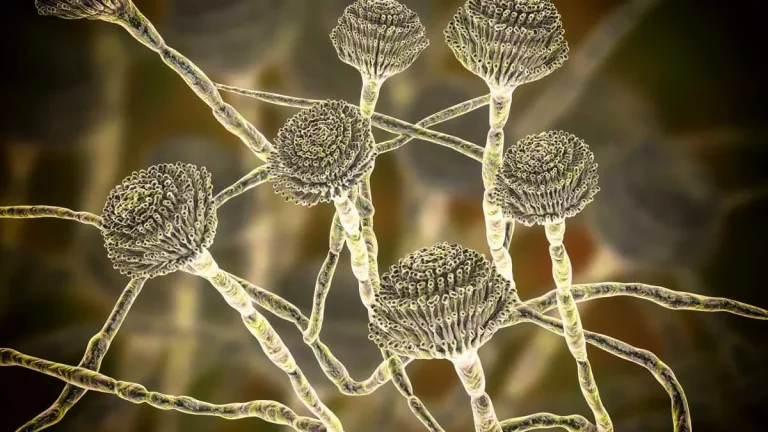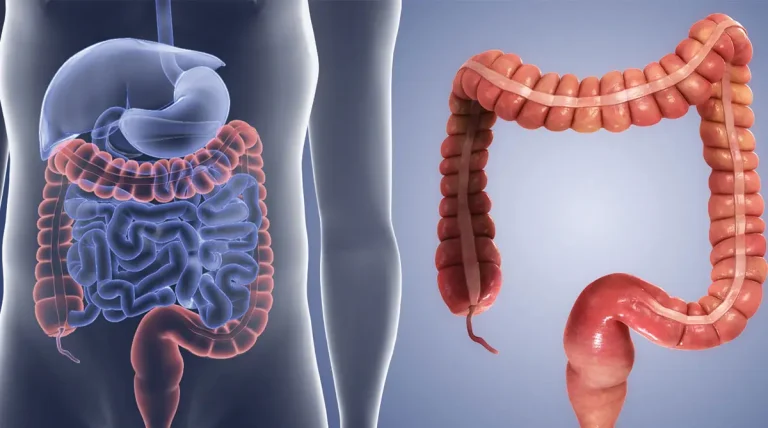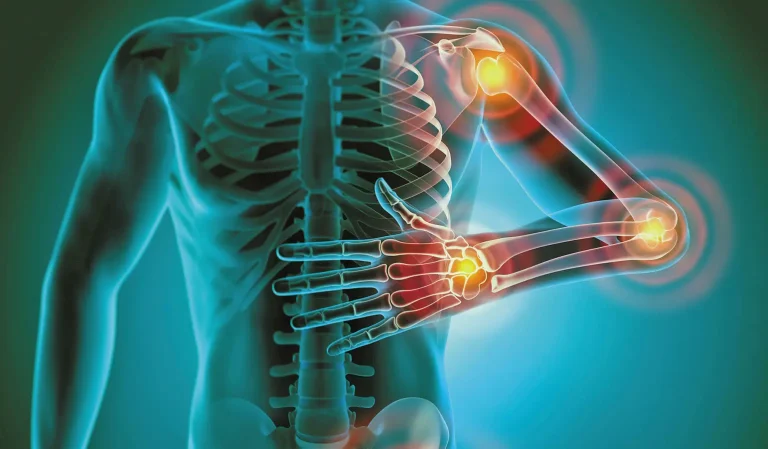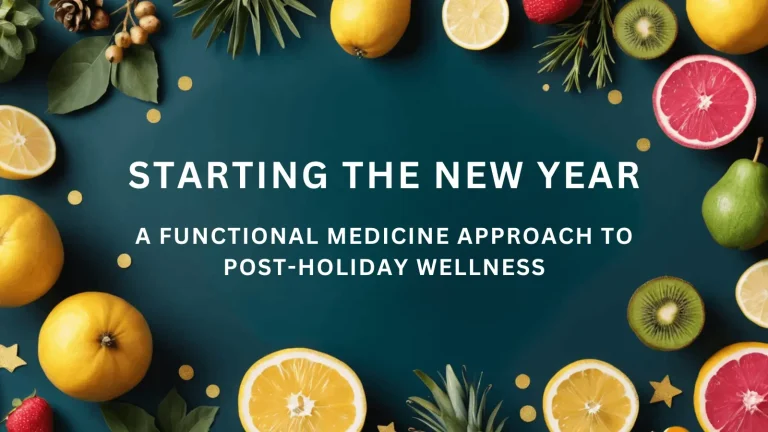programs promising miraculous results. But what does “detox” really mean? Is it just a buzzword, or is there genuine science behind it?
In this article, part of our Detox Demystified series, we’ll break down what detoxification entails, explore the body’s natural elimination pathways, discuss how to support these processes, and provide tips for distinguishing evidence-based detox methods from mere marketing hype.
What Does “Detox” Really Mean?
Detoxification is the process by which your body identifies, transforms, and excretes toxins—substances that can potentially harm your health. Toxins can be:
- External: Pollutants, pesticides, or heavy metals.
- Internal: Byproducts of normal metabolism or imbalances in the gut microbiome.
The body has built-in detoxification mechanisms, primarily centered around the liver, kidneys, digestive tract, lungs, and skin.
The Body’s Elimination Pathways
- Liver
- Filters blood and breaks down toxins into forms the body can excrete.
- Kidneys
- Filters excess waste and toxins, excreting them through urine.
- Digestive Tract
- Removes toxins via bowel movements.
- Skin
- Sweat helps eliminate small amounts of waste products.
- Lungs
- Expels volatile toxins and regulates acid-base balance through breathing.
To support these pathways, focus on hydration, nutrient-rich foods, physical activity, and adequate sleep. Minimizing exposure to environmental toxins—like cigarette smoke, synthetic chemicals, and highly processed foods—also plays a vital role. These foundational practices are central to our Detox Demystified approach to safe and effective cleansing.
Phases of Liver Detoxification
Your liver operates a two-phase detoxification system:
- Phase I
- Enzymes (e.g., cytochrome P450) convert fat-soluble toxins into intermediate forms. These intermediates can sometimes be more reactive than the original toxins, making Phase II critical.
- Phase II
- Conjugation pathways neutralize these reactive intermediates and prepare them for excretion.
Key Nutrients for Both Phases
- B Vitamins (B2, B6, B12, folate).
- Antioxidants (vitamins C, E, glutathione).
- Sulfur-containing foods (garlic, onions, cruciferous vegetables).
- Amino acids (found in proteins like fish, eggs, and lean meats).
How to Support Your Body’s Natural Detox Ability
- Stay Hydrated
- Drink plenty of water to aid in toxin removal via urine and support digestion.
- Focus on Whole Foods
- Eat a variety of fruits, vegetables, legumes, nuts, seeds, and whole grains to supply essential nutrients and fiber.
- Prioritize Gut Health
- Include fermented foods, probiotics, and prebiotic-rich fiber to maintain a healthy gut microbiome.
- Manage Stress
- Chronic stress can impair detox pathways. Incorporate mindfulness, yoga, or other stress-reduction techniques.
- Limit Toxin Exposure
- Choose natural cleaning products, avoid synthetic fragrances, and opt for organic produce when possible.
Is Detox Real?
Yes, detoxification is a scientifically recognized process. Your body is equipped with sophisticated organs to eliminate toxins effectively. Evidence-based strategies—like eating a nutrient-rich diet or reducing exposure to toxins—can enhance these natural processes. As explored in our Detox Demystified approach, extreme cleanses or “miracle” detox products are often not supported by robust scientific evidence.
Detox Demystified: Differentiating Scientific from Non-Scientific Detox Advice
- Look for Peer-Reviewed Research
- Credible detox methods are typically backed by studies in reputable journals or databases like PubMed.
- Check Qualifications
- Follow advice from licensed healthcare professionals or certified specialists in nutrition and functional medicine.
- Beware of Miracle Claims
- Red flags include phrases like “instant cure” or “flush out all toxins.” Sustainable detox involves gradual, evidence-based changes.
- Focus on Education
- Legitimate detox programs explain how each step supports specific pathways in the body.
By focusing on evidence-based methods and working closely with qualified practitioners, you can safely and effectively enhance your body’s natural detoxification systems. This is the heart of our Detox Demystified approach—grounded in science, not trends.
If you’d like personalized guidance on supporting your body’s natural detoxification processes, I invite you to schedule a consultation with me. Together, we’ll create a science-backed plan to optimize your liver function, gut health, and overall wellness.
Scientific References
- Amara, C. S., et al. (2013). Regulation of detoxification pathways through nutraceuticals. Journal of Clinical and Diagnostic Research, 7(9), 1881–1885.
- Liska, D., Lyon, M., & Jones, D. S. (2006). Detoxification and biotransformational imbalances. Integrative Medicine: A Clinician’s Journal, 5(2), 36–44.
- Weichselbaum, E., & Buttriss, J. (2010). Diet, toxins, and metabolism. British Nutrition Foundation Nutrition Bulletin, 35(3), 253–260.
Important Disclaimer
This article is for educational and informational purposes only. It is not intended to diagnose, treat, cure, or prevent any disease. Always consult a qualified healthcare professional before making significant changes to your diet, supplement regimen, or lifestyle.
As part of our Detox Demystified approach, by focusing on balanced, evidence-based strategies, you can empower your body’s natural detox systems—leading to greater vitality and long-term health.





